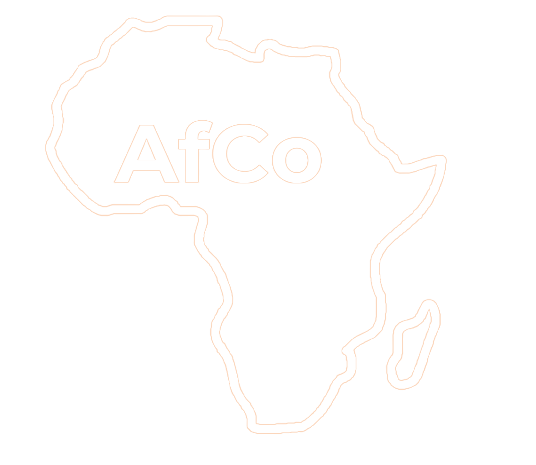Introduction
Agriculture in Algeria, Morocco, and Tunisia has strong similarities in terms of the ecological conditions of their production systems, the common legacy of colonization, and the weak political influence of farming communities and rural areas. If the position of agriculture weakens and food safety becomes partly dependent on imports, sedentary agriculture and pastoralism will nevertheless remain essential activities for many regions and resource-poor farming communities. The current challenge is therefore to make a successful transition from an agricultural sector that remains extensive yet not very productive to one that is better integrated across a wide range of land types, producing mainly for the domestic market at an acceptable political, economic, social, and ecological cost.
